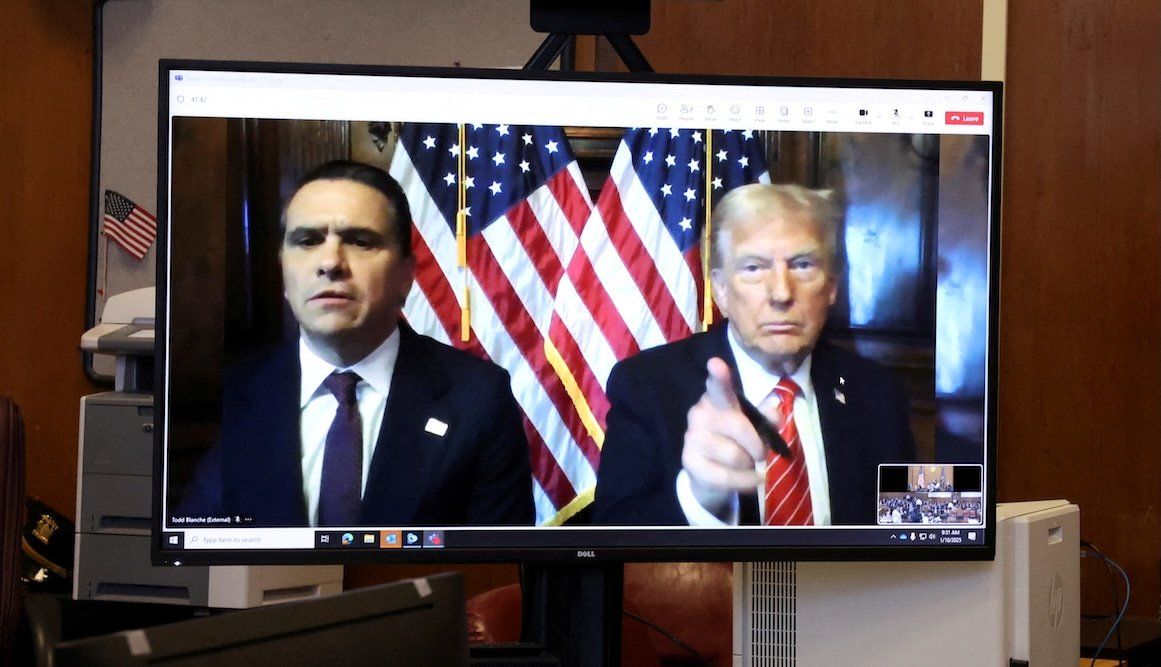Watch: “The Zone of Interest.” I’ve never seen a Holocaust film quite like this. It focuses on the commandant of Auschwitz as he balances facilitating mass murder while trying to maintain a good home for his family outside of the walls of the notorious death camp. The film is a ruthless, deeply unsettling examination of the banality of evil. I will be thinking about this haunting movie, which was among this year’s Oscar nominees for “Best Picture,” for a very long time. – John
Watch: “Californication.” It’s a kinda funny, kinda twisted, kinda lighthearted sitcom I’ve been binging. It will get you through the doldrums of winter. – Riley
Read: “A Little Life,” by Hanya Yanagihara. This might just be the most devastating book I’ve ever read. It follows the lives of Willem, Jude, Malcolm, and JB who meet in college in New York and quickly become lifelong friends despite coming from very different backgrounds. Yanagihara has weaved in layers and layers of sadness by showing an abundance of trauma in every character’s life. The boys have just one thing tying them together: a will to break away from their pasts. – Suhani
Hear: Sweetness of Broken Dates. Today, the East African nation of Somalia is often associated with war and strife, but it wasn’t always so. In the '70s, Somalia – always a rich crossroads of African, Arab, and South Asian influences – enjoyed relative stability under the secular dictatorship of Siad Barre. The music scene in Mogadishu boomed. Male and female artists conducted wild experiments mixing traditional East African rhythms and melodies with Western styles like funk, R&B, and reggae. The album “Sweet as Broken Dates: Lost Somali Tapes from the Horn of Africa” rescues some of the era’s best records, which were hidden away in an archive in the (now) separatist enclave of Somaliland. The whole album hits hard, but my favorite track is probably Na Daadihi, by the 40-member supergroup 4 Mars (wait til the chorus comes in – it’s wild). – Alex
